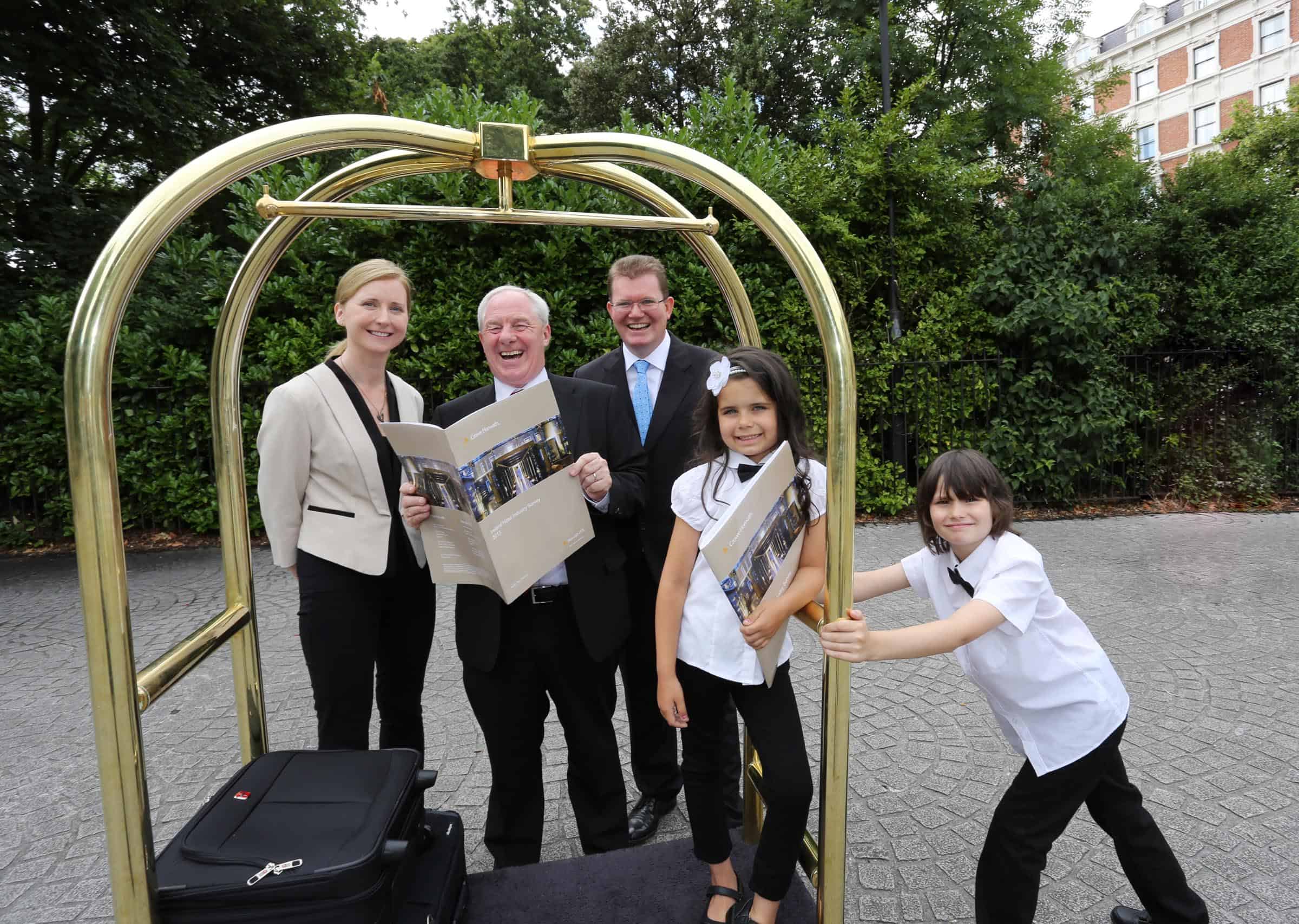Crowe Horwath, leading advisors to the Irish hotel sector, has today launched its 18th annual Irish Hotel Survey.
The 2012 report provides the most comprehensive analysis available of the financial performance of Irish hotels and is the only published report which provides details of profitability in the sector.
The report breaks down the performance of Irish hotels both by region (Dublin, midlands and east, south west and the western seaboard) and by classification (luxury, first class, mid-price and economy). The analysis includes: room occupancy average; average daily room rate; revenue per room and profit before tax per available room.
Among the key findings of the 2012 survey are:
– Hotel sales at 76% of 2007 peak levels
– Average occupancy at 63.8% continues to rise, up 2.4 percentage points on 2011 levels (from a low of 59.4% in 2009)
– Average room rate increased by €2.05 to €74.72
– Food sales up 8.3% on 2011 levels
– Two speed recovery – Dublin outpacing regional markets
– North Americans most likely overseas visitors to use hotels (8.2% of all hotel nights booked)
37.4% of hotel reservations made via the internet
– Outlook – growth to continue with 2013 outturn predicted to be similar to 2012 – The Gathering likely to counteract continued weakness in the domestic market.
The survey’s results clearly demonstrate that a two-paced recovery is taking place with Dublin outpacing the regional market. However, while some urban centres such as Cork City and Galway City have fared well, the pace of recovery in other rural areas is restrained. In the last two years, Dublin has experienced three times the level of RePAR (revenue per available room) growth as the other regions in Ireland.
Commenting on the state of the Irish hotel sector, Aiden Murphy, partner at Crowe Horwath said: “It is encouraging to see sustained growth in the Irish hotel sector following significant decline since the onset of the economic downturn. However, it is clear from the analysis that a two speed recovery is in train with Dublin outpacing the rest of the country across all major industry metrics (occupancy, room rates and profitability).
“With overall sales levels at 76% of activity in 2007 the market remains some distance off peak levels. While profitability has increased in the sector, substantial investment in hotels will be necessary to ensure that the product remains attractive both for domestic and international guests. The retention of the 9% reduced rate of VAT in the sector will aid price competitiveness and ensure maintenance of margins to enable the necessary reinvestment in the sector which, in itself, will lead to further job creation.”
The report also found that online discounts sites and social media platforms have become increasingly popular over the past few years. Over 85% of hotels have used an online discount site with an average of 3% of their total annual room sales being generated via this platform.
Furthermore, an estimated 37% of hotel room sales are being generated via third party intermediaries with an average commission payable of 15 – 20%. Booking.com and Expedia are the top providers of third party bookings for Irish hotels. Hotels are also utilising online social media platforms to support their business development. Over 95% of Irish hotels use Facebook to promote their hotel, while a further 78% manage Twitter accounts. In turn, there has been strong growth in average room rates with premium hotels benefiting with increased numbers of overseas tourists to Ireland.
Speaking about the outlook for 2013, Murphy, added: “In 2013, we should see continued overall growth in the sector in line with 2012 levels. While domestic demand is likely to remain restrained, an increase in inbound tourist numbers particularly from North America with initiatives such as The Gathering should counteract this.”




